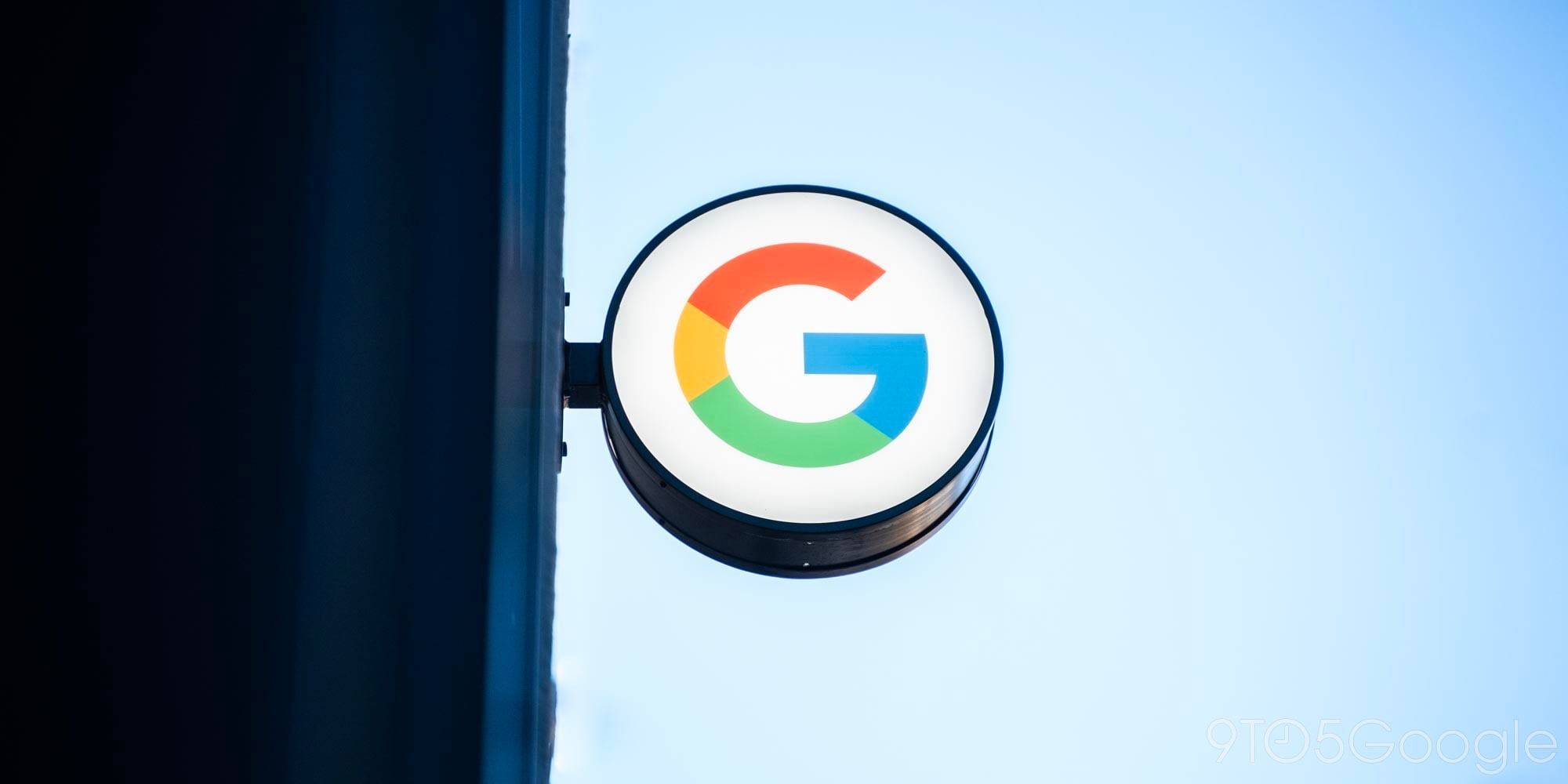
DeepMind — quite prominently — claims to be the “world leader in artificial intelligence research.” AlphaGo and AlphaStar certainly lend credence to that title, but the Alphabet division’s end goal is artificial general intelligence (AGI). If it ever achieves that landmark accomplishment, DeepMind — and not its parent company — will reportedly retain control.
Machine learning and AI are increasingly being applied in apps and services across Google and beyond. Just last week, Google released Lookout, which, like Google Lens, uses AI to recognize objects and text in the world. Gboard meanwhile now has on-device, real-time speech transcription for Pixel. Other examples include Smart Reply and Smart Compose in Gmail, and Google Docs grammar suggestions.
However, these are all examples of applied AI in that the algorithms can only solve the specific task it was assigned to and nothing more. In contrast, artificial general intelligence — in theory — would excel at any task thrown at it, just like a human. AGI would incorporate the capabilities of today’s AIs, and be used to make medical treatment breakthroughs or discover new elements.
This is the stated goal of DeepMind, which was founded in 2010 by Demis Hassabis and bought by Google in 2014. It is currently an Alphabet division and continues to perform its own research. For example, Google runs a separate Google AI research organization that frequently turns out consumer ML-powered advancements, like Night Sight.
An interesting profile in the 1843 Magazine from The Economist sheds some light into that acquisition process. While DeepMind could have remained independent, Google provided compute power and cash flow. As a result, Hassabis and company negotiated strict independence:
As part of the deal, DeepMind created an arrangement that would prevent Google from unilaterally taking control of the company’s intellectual property. In the year leading up to acquisition, according to a person familiar with the transaction, both parties signed a contract called the Ethics and Safety Review Agreement.
New details from 1843 reveal how an Ethics Board will have sole control of any DeepMind AGI “whenever it may be created.” Who exactly sits on that panel is unknown, but it’s rumored to include all three of DeepMind’s founders.
Far from being a cosmetic concession from Google, the Ethics Board gives DeepMind solid legal backing to keep control of its most valuable and potentially most dangerous technology, according to the same source.
Following the reorganization, the contract presumably now applies to the broader Alphabet governing structure.
The full 1843 piece is a fascinating read and goes on to detail how Alphabet’s financial tightening does not yet appear to apply to DeepMind. However, it is increasingly making contributions like helping manage energy usage at Google’s data center, or how Adaptive Brightness in Android Pie and Q is powered by DeepMind.
However, there was a recent tussle with how DeepMind’s commercialized work on health was last year moved to Google’s up-and-coming health division; leading to data privacy fears. Also discussed is how DeepMind’s approach — reinforcement learning — to creating AGI that led to AlphaGo and AlphaStar might not ultimately pan out. It’s clearly successful in certain tasks, but the science underlying this industry-wide research is still in flux.
FTC: We use income earning auto affiliate links. More.




Comments